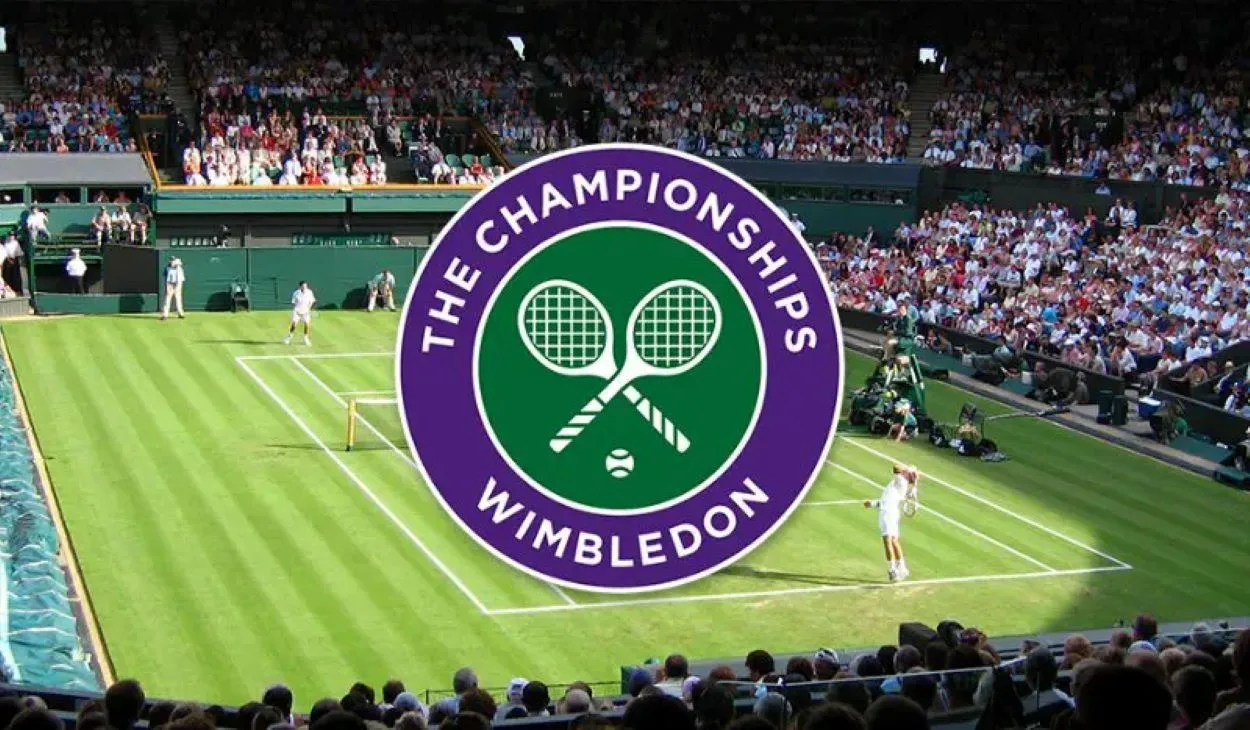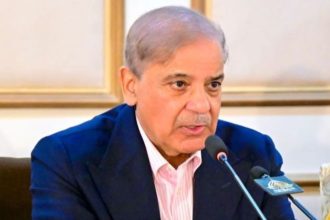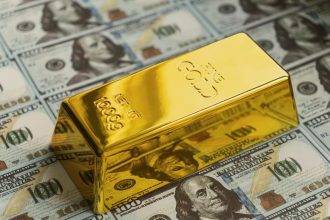Novak Djokovic’s supporters were disappointed on Sunday when an impending Wimbledon curfew caused an abrupt halt to his match against Hubert Hurkacz. Despite Djokovic’s authoritative lead, the match’s suspension was inevitable as the cut-off time drew closer.
This situation was not unique to Djokovic; a similar episode unfolded days prior during Andy Murray’s match. Such instances highlight the curfew policy and its consequential effects on the tournament.
The Curfew’s Purpose and Impact on Matches
Wimbledon stands apart from other Grand Slam tournaments due to its curfew enforcement. While matches on outside courts conclude when lighting is inadequate, the main show courts—Centre Court and No. 1 Court—are equipped with retractable roofs and LED lighting. This allows for play to continue late into the evening. However, in adherence to the curfew, all play on these courts is suspended at 11 p.m. local time (6 p.m. ET). This rule was established in 2009 alongside the inauguration of the Centre Court roof.
The curfew is primarily a planning measure designed to balance the needs of the residents and the demands of hosting an international tennis event within a residential area. It also accounts for transportation logistics and guarantees spectators can return home safely. Matches extending beyond 11 p.m. are postponed and resumed the following day.
Wimbledon this year has already seen two instances where matches were affected by the curfew. Murray’s intense second-round clash against Stefanos Tsitsipas was halted approximately 20 minutes before the curfew, largely because it began late in the evening after previous matches. The match was resumed the next day, with Tsitsipas emerging victorious. Similarly, Djokovic’s match against Hurkacz was stopped due to the curfew after the preceding matches ran long, leaving fans eagerly awaiting the continuation of the third set on Monday.
Interestingly, there have been exceptions to the curfew. For instance, Murray’s 2012 match against Marcos Baghdatis slightly surpassed the 11 p.m. cut-off, suggesting tournament officials and local authorities can exercise discretion.
Despite any fan disappointment or potential disruption to match rhythm, the curfew remains essential to Wimbledon’s operational procedures. It ensures compliance with local regulations, prioritizes the interests of residents, and maintains a safe, well-organized tournament environment.






